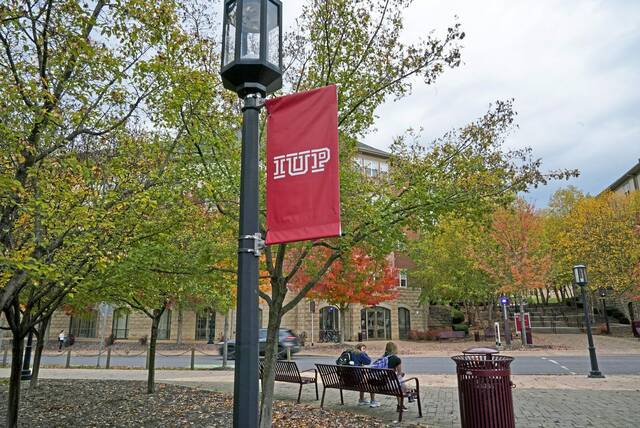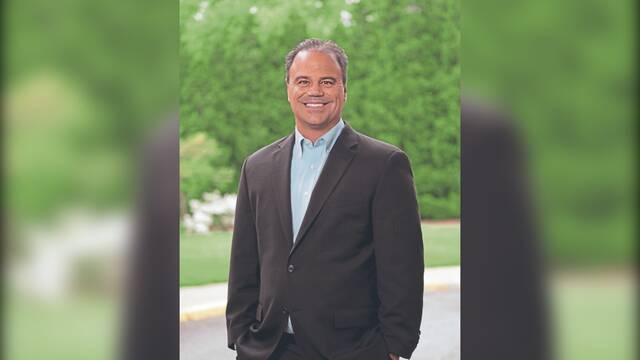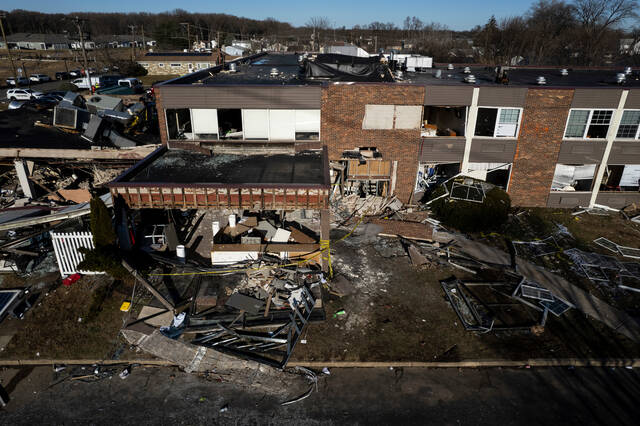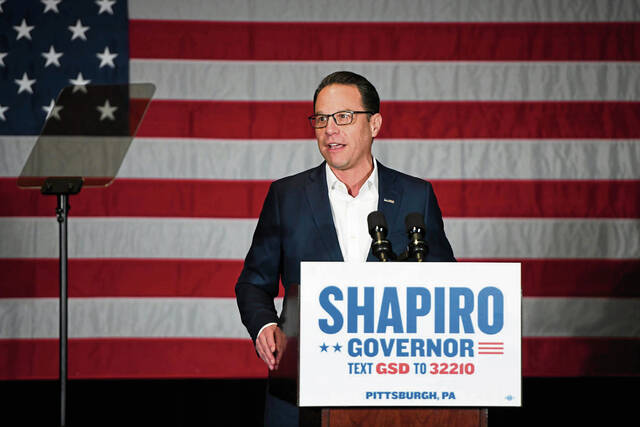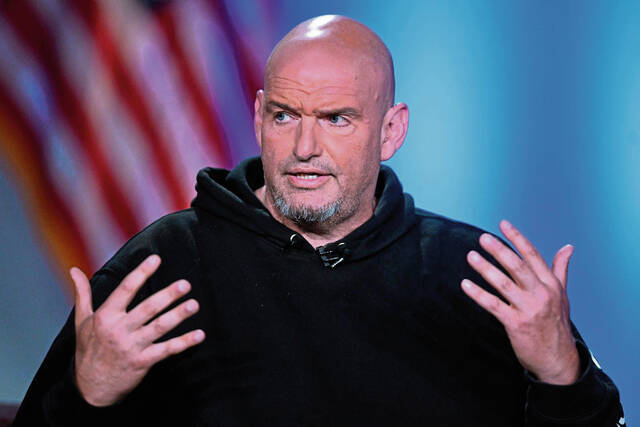The board governing Pennsylvania’s 10 state-owned universities is asking for a 6.5% increase, or $40.3 million more, in next year’s state budget. This increase could allow for a seventh annual tuition freeze.
The request for 2025-26, approved unanimously by the State System’s Board of Governors Thursday, would bring the state subsidy to $611.1 million. It came at a meeting in Harrisburg where an interim system chancellor was appointed and faculty challenged the board to address what they say is poor and unlawful treatment of employees with disabilities.
Already, six consecutive yearly board votes have kept the in-state yearly tuition rate at $7,716, the same as in 2018-19.
In recommending no increase for next year, State System Chancellor Daniel Greenstein said the strategy has helped push back against steady enrollment losses, keeping system-wide headcount nearly flat after 13 consecutive declines.
Last week, Greenstein projected that headcount enrollment across the 83,000-student system would be down in 2024-25 by fewer than 180 students — the best showing since 2010.
Campus-by-campus numbers released during Thursday’s meeting confirmed that prediction: a total of 82,509, a fraction of a percent or 179 fewer students than this year.
Seven of the 10 universities saw gains. Pennsylvania Western University, Indiana University of Pennsylvania and Cheyney University saw enrollment losses.
The freezes “are largely responsible” for the improved numbers on most campuses, he said.
Beyond that, the larger state subsidy has enabled the universities “to invest in retention efforts, which are paying off, and our ability to do more in the way of tuition discounting. All that stuff factors into this,” Greenstein said.
The appropriation request is the start of the Commonwealth budget process. Gov. Josh Shapiro will unveil his proposed state budget this winter and the Legislature will consider it. The State System board would need to hold a tuition vote, likely once that budget is passed, to make another freeze official.
Thursday’s board meeting was Greenstein’s last. He is stepping down after six years, effective Friday, for a consulting position in higher education, and a search for a successor is getting underway.
In the meantime, the State System voted Thursday to name Christopher Fiorentino, retired president of West Chester University, as interim system chancellor while a national search for Greenstein’s successor is conducted.
Board chair Cynthia Shapira in August said she intended to recommend him given his lengthy and accomplished tenure at West Chester, largest system university with more than 17,000 students.
Shapira and others Thursday expressed gratitude for Greenstein’s impact on the students and system. The board bestowed the title of Chancellor Emeritus on him.
“We are launching a national search for our next system chancellor — a process that will take us well into the spring semester,” Shapira wrote to campuses announcing her intentions. “Along the way, we will seek input from students, faculty, staff, alumni, and other friends to help guide our search.”
During the meeting’s public comment portion, speakers including current and former professors associated with half a dozen system schools from Slippery Rock to East Stroudsburg recounted facing undue hurdles or outright denial of requested, doctor-approved medical accommodations.
They said State System leaders the universities are not adhering to the Americans with Disabilities Act. In some cases, it led to their departure.
Jerry Carbo, a business professor from Shippensburg University, told the board he felt compelled to point out what he called unlawful, unethical and inefficient practices affecting his colleagues. He is a practicing attorney with a background in ADA training and policies.
“From what I’ve seen, (State System) legal with the help of HR and social equity departments on the college and university campuses, very clearly, started from the position of what can be done to deny accommodations.”
He added, “No other employee in the system is faced with a very daunting decision of either putting their life at unnecessary risk or losing their job,” he said.
Board Chair Shapira told those who spoke, “It is not going unheard. I want to assure you of that,” she said. “So with that, no more to be said at this point, but I hope you heard my words.”
Kenneth Mash, president of the Association of Pennsylvania State College and University Faculties, said his union did not organize the professors’ appearance but applauds their decision to speak nonetheless.
“There is a building critical mass around the issue of disabilities and the treatment of employees, and in particular faculty, when it comes to the ADA,” Mash said. “At an academic institution, should one have to rely on the law to get fair treatment? Shouldn’t fair treatment be the emblem of this State System?”


